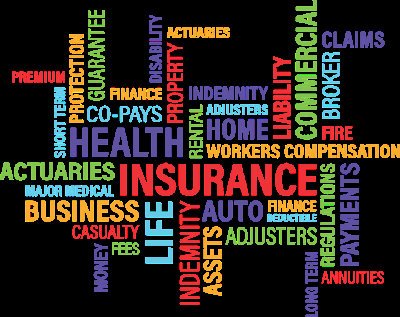How Does Homeowner’s Insurance Work For Slip And Fall Accidents?
According to data from the CDC, millions of people over 65 slip and fall accidents occur with more than 2.5 million 
While older people are more vulnerable to slip and fall accidents at home, the problem certainly isn’t limited to
them. Any person can slip and fall on a residential property for a myriad of reasons. Injuries that occur because of slip and fall accidents at a friend, colleague or neighbor’s house may require you to make claims through homeowner’s insurance. However, a number of considerations come into play in such a scenario.
What Causes Slip And Fall Accidents In Residences?
Most slip and fall accidents in homes are because of tripping on staircases or on loose rugs. Other causes could be because of dug up holes in lawns or slipping on ice-laden sidewalks and pathways. Here are some common reasons for slip and fall accidents in residences.
- Misplaced items on staircases or lack of handrails.
- Uneven ground surfaces in the home.
- Rugs without proper underneath grip.
- Water spilled on floors.
- Holed or frayed carpets.
- Waxed floors.
- Dug up lawns.
- Ice-laden pathways.
Does The Property Owner Have Homeowner’s Insurance?
Addressing whether the property owner has homeowner’s insurance is important in the event of a slip and fall accident. The good news is that most property owners with mortgages generally have this type of insurance. You will need to find out from the property owners whether they have homeowner’s insurance or not.
If your homeowner has insurance, you should ideally report details as soon as possible because waiting too long will cause the insurer to think that your claim isn’t legitimate. Get information from the homeowner as soon as possible, so that you can report your injury. A common homeowner’s insurance policy covers two types of accident protection – medical payments coverage and liability coverage.
What Is Medical Payments Coverage?
If you don’t want to sue your friend, colleague or neighbor, but need to claim for medical expenses, then you can claim for your hospital and rehabilitation bills. This is known as medical payments coverage. This coverage is typically limited to a fee between $5,000 and $10,000.
You simply need to submit your bills to the insurance company and the insurer pays for them. Medical payments coverage is usually also referred to as ‘no-fault’ coverage and will cover the injured party’s medical bills, irrespective of who was responsible.
Does The Owner Have To Pay Through Liability Coverage For Your Accident?
Irrespective of the reason behind the slip and fall accident, you must know that the homeowner isn’t always automatically liable. You may need to prove some form of negligence to be able to claim for compensation through  the liability coverage part of homeowner’s insurance.
the liability coverage part of homeowner’s insurance.
Proving negligence will depend on whether the area is considered unsafe. All homeowners are responsible for ensuring safety, especially around areas where visitors frequent. If the homeowner knew about an unsafe situation, then he or she may be held liable and homeowner’s insurance will kick in to pay for your injury.
However, keep in mind that there are always exceptions when it comes to the liability of homeowners. For instance, if you are trespassing on their property without their knowledge, you may not be able to claim for any sustained injuries through liability coverage. Like any other type of personal injury situation, homeowners are only liable if negligence can be proven. So, if you simply fall without any cause or if the cause was your fault, you may not be able to file a liability claim for your injury. For instance, if you spill water on the floor and slip on it, then the homeowner isn’t liable.
If you do slip and fall, you may be able to claim for expenses under homeowner’s insurance through medical payments coverage or liability coverage based on your situation. Every state may have different rules with respect to homeowner’s insurance, so it’s worth knowing what applies to you in case you suffer a slip and fall injury at someone else’s home.
